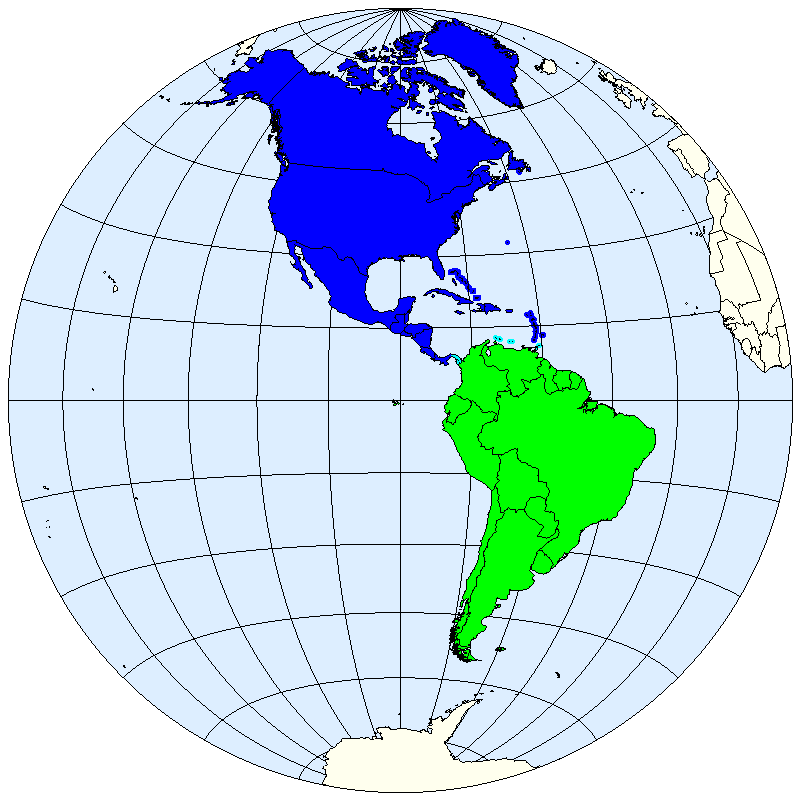Quite simply, they are wrong. Do they happen to also speak Spanish?
The vast majority of native English speakers will agree that American refers to the USA; it doesn’t matter what non-native speakers say.
It has nothing to do with putting America at the center of the world, since as I mentioned, Australians, Brits, and Canadians also use the terms this way. (Could I get further confirmation from non-Americans on this one?)
You are being obstinate and trying to impose your world view onto the English language. North and South America are two different continents. Thus they have two distinct demonyms. End of story.
EDIT
Also from wikipedia:
It the overwhelming number of cases where people say “American” does not refer to the USA, it is because of influence from a foreign language. It’s the same way that “New Open” is not English, but Taiwanese people insist it is. Any native speaker who thinks about it for a moment will realize where the problem is.
(PS, as there is no English term for estadounidense, we don’t really have an option but to call ourselves American.)[/quote]
To say it briefly, I know how people from the USA call themselves and I know that the same term is used by many other people in the world. The thing is that I find the term quite unaccurate and unfair, so I refuse to use it. The same than many people from USA who keep calling themselves “americanos” in Spanish, and like to complain about Spanish people calling them estadounidenses. They get reeally offended indeed.
When I said that many “Americans” wouldn’t agree with you, I meant that they wouldn’t call “American” to a mexican, as you said above. Rregarding the two continents thing, yeah, I also had to study at school and so, but you probably have heard about where “America” comes from, from the “Americas”, and that’s why you can use “American” for anybody or anything coming from north or south America: because both continents are called “america”. The term comes from Spanish, it’s not like Spanish are evil and want to impose their view on something they are nothing to do. You can check the ethimology of the word on wikipedia, but I’m sure you do not need to do so.
BTW, the quiz seems to be really interesting. I guess that it’s some AI system based on Artifical Neural Network. Some time ago people used to play with this site, that guesses what you are thinking of:
20q.net/

